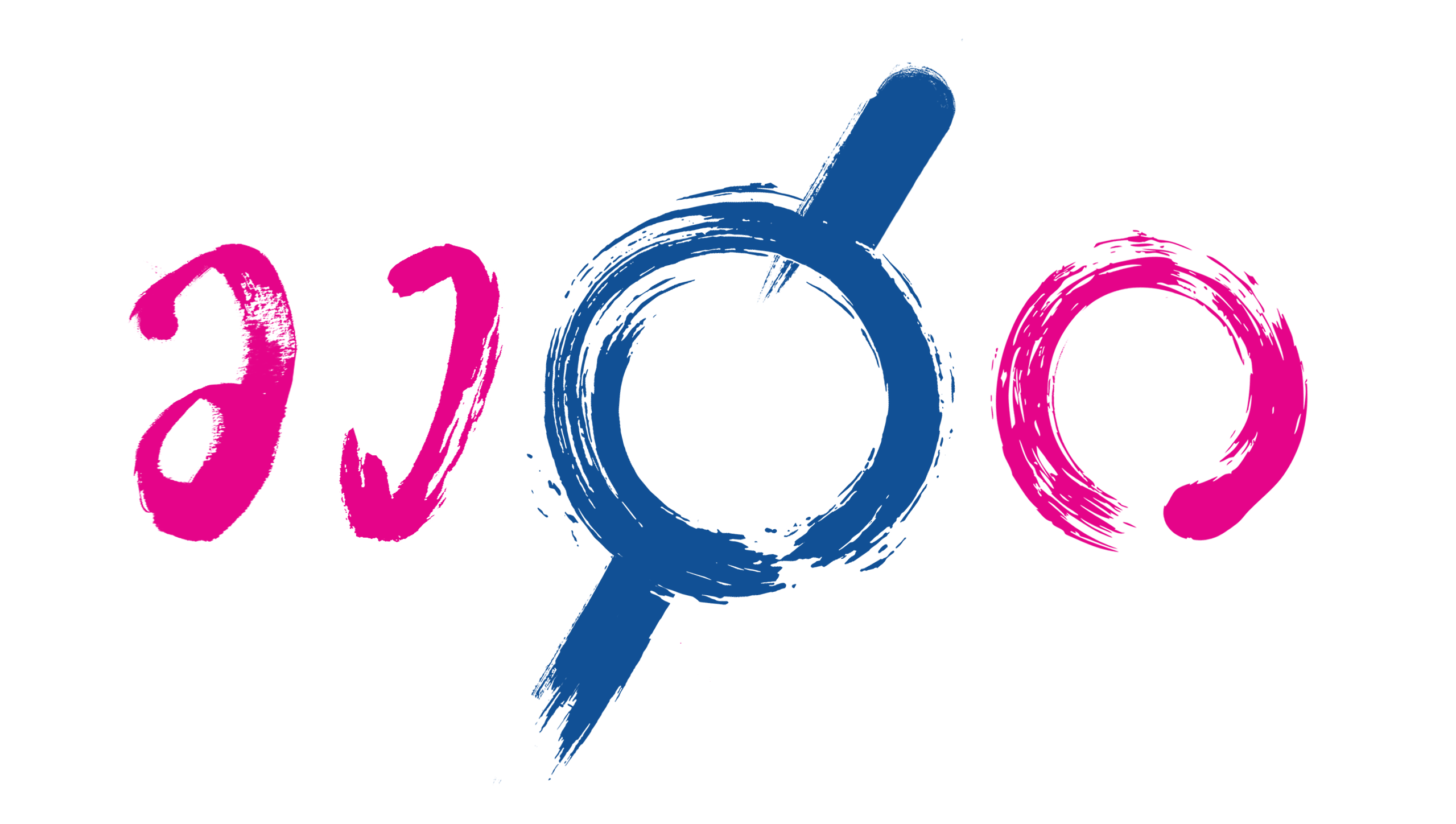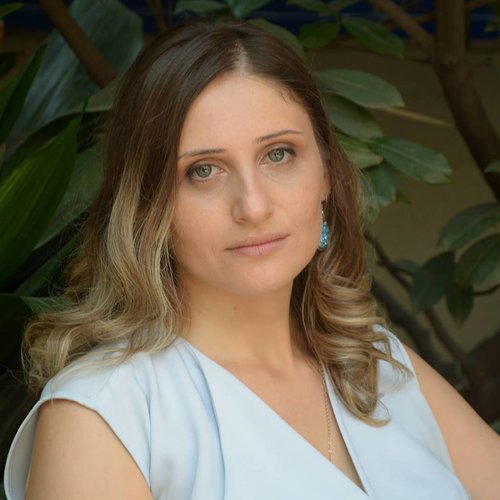by George Chanturia, Local Correspondent from Georgia.
 Even though implying non-traditional ways of CSO management has been discussed for many years, including in Georgia such as enterprising NGOs or crowdfunding, unfortunately, so far this sector is dealing with the business “as usual.” As I have written in many of my blogs, the Georgian CSOs are mostly using traditional approaches of working. In other words, writing projects, applying for grants and waiting for responses. However, there are good practice examples that could break the stigma and spark others to change their ways of doing business. One the rare examples is Orbeliani Meti, a new crowdfunding platform that happens to be very successful and popular among the people. That is why, in this blog I am happy to present an interview with Keti Khachidze, Director of Orbeliani.
Even though implying non-traditional ways of CSO management has been discussed for many years, including in Georgia such as enterprising NGOs or crowdfunding, unfortunately, so far this sector is dealing with the business “as usual.” As I have written in many of my blogs, the Georgian CSOs are mostly using traditional approaches of working. In other words, writing projects, applying for grants and waiting for responses. However, there are good practice examples that could break the stigma and spark others to change their ways of doing business. One the rare examples is Orbeliani Meti, a new crowdfunding platform that happens to be very successful and popular among the people. That is why, in this blog I am happy to present an interview with Keti Khachidze, Director of Orbeliani.
George Chanturia (GC): Keti, thank you so much for the interview. Please, tell us more about Orbeliani Meti – its history and the idea behind it?
Keti Khachidze (KK): Thank you for invitation. I will try to briefly tell our story. It was mid November six years ago, when I sat down for a job interview with Mark Mullen at the Hotel Betsy. Mark had lived in Georgia since 1997 and had served as a former Director of National Democratic Institute, former Director of Transparency International Georgia and was a well-networked development professional by that time. I had arrived from my UK studies back to Georgia just a few weeks earlier and looking for opportunities. So, I was thrilled to have a chance to do the interview. Mark was talking passionately about the need to do the development in a new way, with disdain about bureaucracy and paperwork in the sector and the need to create a more transparent system, where NGO financing would become transparent and people with great ideas would have an easy way to access resources to make change happen. He even said something along the lines of: “Think something of a Kickstarter, with its simplicity, transparency, but in the development world”. I had a very vague idea about the Kickstarter but loved the idea of revolutionizing the development, as ambitious as it sounded. I got the job and together with Mark and the newly formed Board, we launched Orbeliani. We built an online platform app.orbeliani.net as a way for people with great ideas to get what they need, to take action for positive social change in Georgia.
Orbeliani’s platform gives people the space to propose actions and own their implementation. Instead, we track the entire lifecycle of an initiative—from initial purchases to long-lasting effects—in a publicly accessible, easy-to-read feed. In six years Orbeliani’s platform funded over 300 initiatives, led by individuals and community groups affecting dozens of activities and engaging thousands of volunteers. Orbeliani received great feedback from people we sought to empower and gained significant media attention despite its small size. But we struggled to find donors, who believed in disruption, innovation, new models, which promoted civic engagement. As we put the ownership of the initiatives in the hands of communities, explaining to donors what the perceived long-term change of each initiative would be at proposal stage was almost impossible. But as the saying goes, crisis gives birth to innovation.
Eventually, we decided to launch a new platform with a different funding model – Orbeliani Meti, so that we would no longer be totally dependent on institutional donors. Orbeliani Meti is a crowdfunding platform for civic initiatives and helps Orbelaini serve what it was created for. We believe that committed individuals are the most powerful source of change for their communities. Orbeliani Meti allows people to support these passionate individuals if they believe in the proposed change and creates even more democratic space to make it happen. So, six years later after our initial conversation at the hotel, Orbeliani is having two platforms: a unique proprietary online platform, which accepts, reviews, funds and monitors people’s ideas in a simple and transparent way funded by international donors and a kind of Kickstarter for civic initiatives, which supports initiatives led by the people and funded by the people.
GC: Wow, sounds very interesting and exciting. As I have said many times, I am a big fan of such initiatives including yours! So, could you tell us more specifically, how does it work? And can you tell us about some of the good practice examples?

KK: Since crowdfunding is still in a budding stage in Georgia, we launched Orbelianimeti.ge as a matched-crowdfunding model in its pilot phase thanks to the funding support from East West Management Institute’s ACCESS program and the UNDP. The matched crowdfunding allows blending the institutional funding with the funding from the crowd to help the initiatives take off. If campaigners fundraise half of the target from the crowd, Orbeliani would release the remaining half from the donor’s funds. We thought that it would be a great incentive for the campaigners to start fundraising and reduce the risks of failure – since online crowdfunding is still new for Georgia.
The pilot phase was a great success and we fundraised more than we had planned. In just six months the campaigners raised over 34,000 GEL just on the platform from almost 1000 backers. But we know that the campaigners have leveraged additional financial and non-financial contributions from backers. For instance, Lazare Komakhidze, a professional climber, wanted to set up a climbing club for children in Bediani (a small town in Georgia) so that they can learn climbing and develop sports skills – all for free. Lazare had been raised in Bediani at an orphanage. At the age of 8 his climbing instructor completely changed his life and he decided it was his turn to change the life of other children back in Bediani.
The Georgian media loved Lazare’s story and decided to support him to bring the idea into life. Thanks to the wide media publicity, Lazare received funding from the state of 10,000 GEL to build the wall, construction materials from a private company to repair the facility worth up to 2,000 GEL, a building from the state where the wall will be built and gained hundreds of supporters who are volunteering and contributing various skills. So, just a 5,000 GEL match served as a catalyst to mobilize ten times more resources for the campaigner. It is just one example but there are many stories like his. The Crowdfunding campaign helped Lazare and other campaigners gain publicity, hundreds of allies and build connections which is going to stay there – even after the campaigns are over. That is the most amazing part about the crowdfunding models.
GC: It would be interesting to hear how did COVID19 affect your project and what are your plans for the future?
KK: We launched the campaigns in June and our first pilot campaigns ran through September. Since Georgia had weathered the first wave of Covid-19 successfully in spring, it left a window for Orbeliani to manage the campaigns successfully. However, with the second wave of the pandemics hitting hard, we see the donation through the platform dwindling and individual backers have become more careful in spending. At the same time we see an enormous resource mobilization for mostly humanitarian purposes –to help the people affected by COVID19 through providing food and medicine outside of the platform. So, our next steps in the coming months will be supporting the initiatives that directly respond to the COVID19 impact.
In the long-term we will be working with the private sector and other institutional donors to obtain match funding as we have seen how pivotal it was in the early success. If successful, we will be providing matches in sectoral areas, like environment, women empowerment, art and culture etc. Moreover, we are looking into the opportunity of expanding the platform’s use for wider purposes. For instance, with funding from the Center of Training and Consultancy (CTC) we are working on a pilot to test the platform to help women entrepreneurs raise funding for their micro enterprises. The results of the pilot will give important evidence and an insight in how to scale it up and potentially use the platform to support entrepreneurism, start-ups, and social enterprises in addition to civic initiatives.
GC: Keti, thank you so much! I am sure your initiative would be a great example and roadmap to other CSOs. In that sense, since the initiative is very successful and very distinct to the traditional CSO methods in Georgia, what would be your recommendations to other CSOs?
KK: There is a lot of expectation from Georgian CSOs to innovate, do experiments and diversify funding streams. We have been hearing concerns about the Georgian civil society sector, its long-sitting woe of being totally dependent on donors. But there is not strong enough desire from the private sector to support CSOs and neither the tax environment is conducive enough to encourage individuals or corporate philanthropy at a big scale. Given all these circumstances, we should not expect a breakthrough in ensuring the sustainability of CSOs in the near future and whatever Orbeliani and others have been doing to stay afloat should be complimented.
My recommendations to others would be to continue trying new ways, experiment, innovate – and I know a lot of CSOs in Georgia have been doing that but to share with others, so that we have collective knowledge how we all are faring and learn from each other.
But more importantly not only we should change but we should try to change the environment. I would like CSOs to work more together to influence the aid infrastructure and use the learning as a strategy to influence and participate in development debates in Georgia and beyond, so that all the stakeholders in the aid sector change, make the aid more democratic, more people-centered and more-locally driven and decided by people.
This article was produced by George Chanturia, the Project’s local correspondent and EaP Civil Society Fellow from Georgia in the framework of the EU-funded ‘Eastern Partnership Civil Society Facility – Regional Actions’ Project. Its contents are the sole responsibility of George Chanturia and do not necessarily reflect the views of the European Union or the Project. The photos are provided by the Local Correspondent.
Read more about our local correspondents here.




